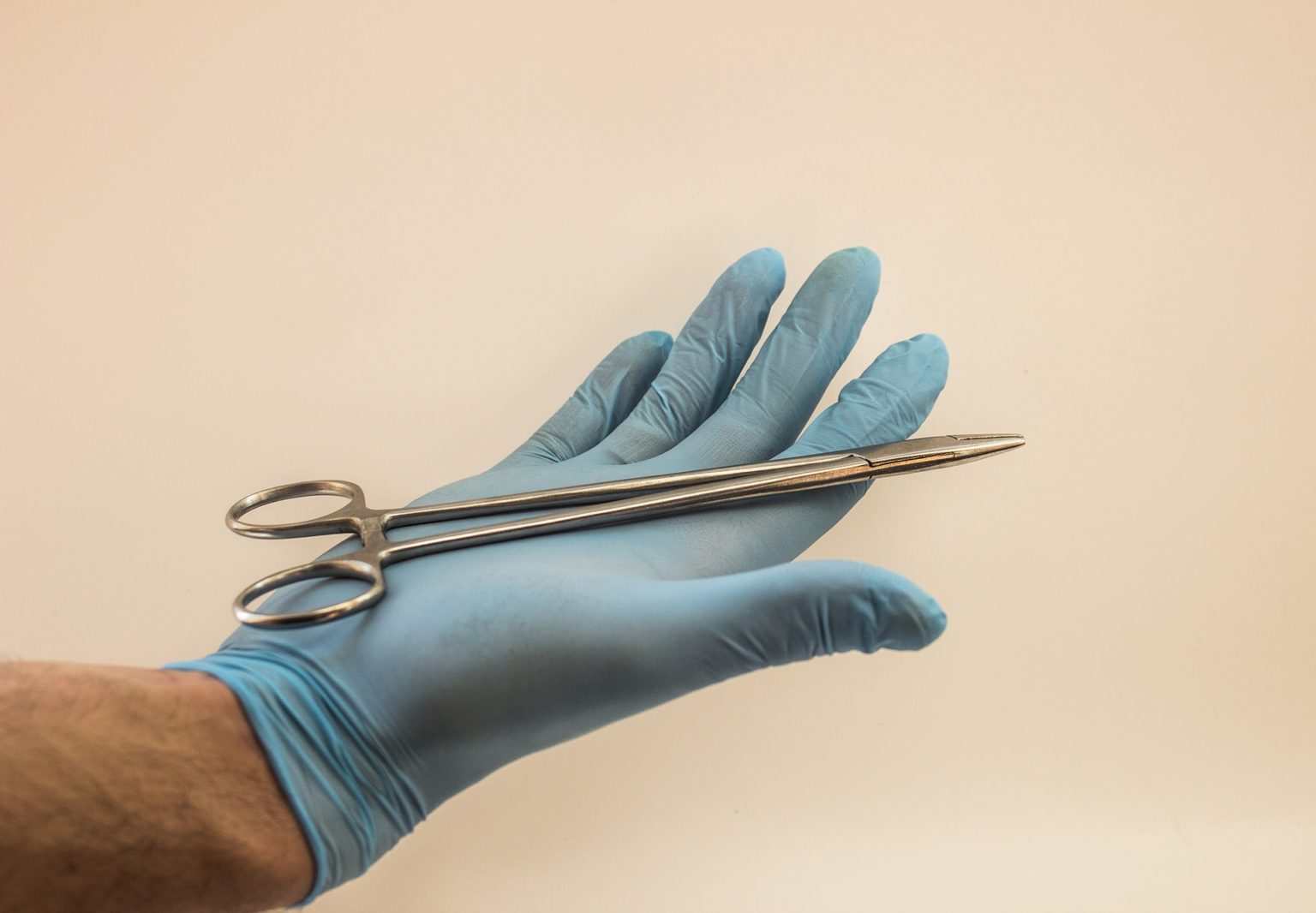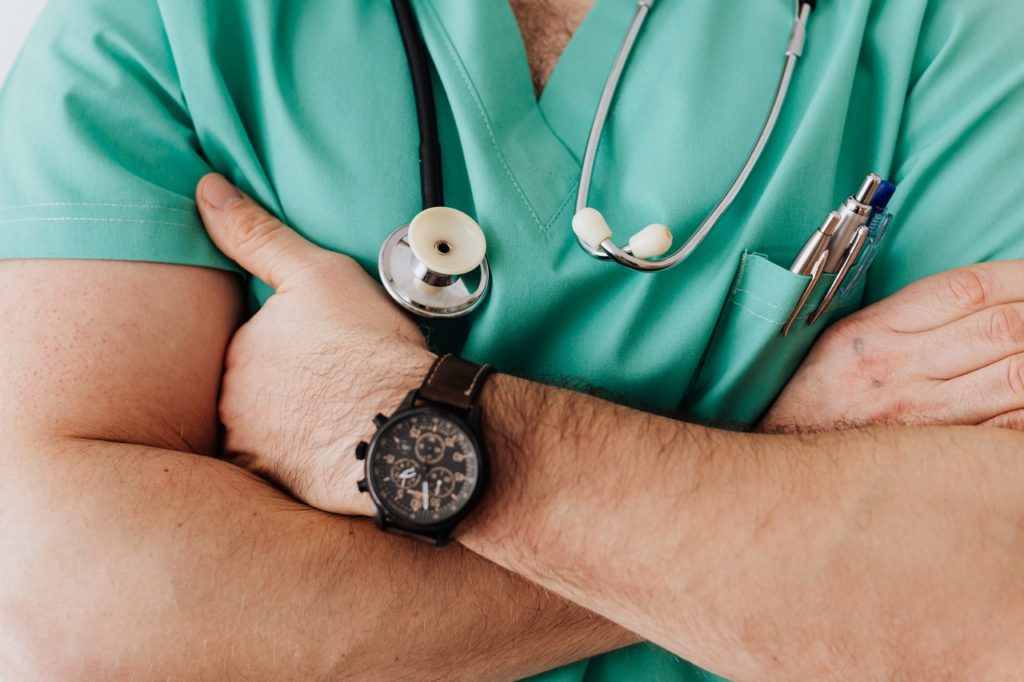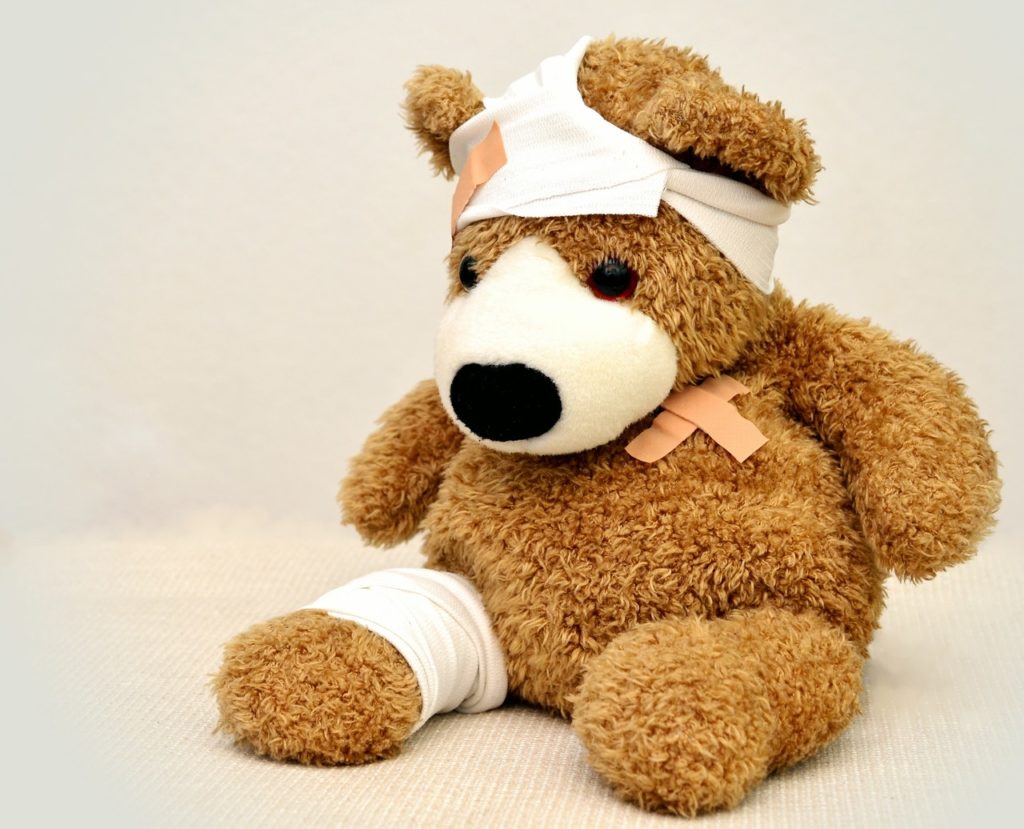The Intern's Guide to:
General Surgery
12th january 2021

In Australia, there are three mandatory rotations all interns must complete – General Surgery, General Medicine and Emergency Medicine.
I’ll be writing three articles in this series which tackle how to survive (and thrive) in each of these rotations.
So let’s get cracking.
First up is General Surgery.
For those who are beginning General Surgery, you may have heard horror stories about long hours, overtime shifts (hopefully paid) and pre-admissions clinics. This article aims to help you conquer your General Surgery rotation and get the most out of it (even if you are not surgically inclined).
What is a Typical Day in General Surgery:
The day usually begins bright and early. Ward rounds usually start at 7am sharp. This is the fastest ward round you will ever do in your intern year and you may wonder if it borderline unsafe. Then, once the ward round is done, your registrar will usually disappear to theatre to operate for the remainder of the daylight hours. If you’re lucky, they may come in and check on you at lunchtime to make sure all hell hasn’t broken loose on the wards. As an intern, you’re job in the interim, is to complete all the ward jobs that have been generated from said speedy ward round. Then, as the sun begins to set, the registrar will likely come back for an encore and complete a ‘PM’ ward round with you on the post-operative patients. Once this ward round (and all relevant ward jobs) are done, you will finally be released from the shackles of the surgical ward (only to have to return bright and early the next day). And that my friends, is a typical intern’s day in General Surgery.
The Surgical List:
Assuming you start at 7am, it will usually be necessary to come in at least 15 minutes earlier to update the list.* This list should include all the patient’s under your Consultant’s team as well as their location on the ward, and relevant clinical information (diagnosis, investigation, management). This list doesn’t have to be exhaustive (it’s not General Medicine), but it should contain the barebones of each patient’s presentation. Print enough copies for the entire team and a few spare just in case they get lost or you pick up extra team members halfway through the ward round. Print some for the medical students too so they aren’t lost. Update the list throughout the day and aim to have an up to date list at the end of each day. This makes it easier for the other residents on your team and reduces the workload for everyone (including you).
*No-one works for free. Not even interns. If you come in early to do the list, make sure you CLAIM YOUR OVERTIME. 15 minutes of solid work is still 15 minutes of solid work. The ward round would not be possible if you didn’t come in early to prepare the list.

The (Fastest) Ward Round You Will Ever Do:
Surgical ward rounds can usually be completed quicker than it takes a computer on wheels (COW) to start working. As an intern, it is important to be prepared for this ward round. You’re aim is not to have pretty, beautiful, detailed notes. You’re aim is to GET THE PLAN for each patient. Everything else can be filled in at a leisurely place once you are in the safe confines of the doctors office. As an intern, try and work out the most efficient method of documentation that suits you and your team. It might be prepping everyone’s ward round note before the round starts and typing in the plan as you go. It might be looking at all the patient’s observations and overnight notes in the doctor’s office pre-ward round and writing down all the plans on a piece of paper instead. Have a discussion with the other residents and the registrar on your team and see what works best. Remember, the aim is to be efficient, so nothing gets missed. Also, just because the ward round is super speedy, doesn’t mean patient’s should be left confused or in the dark about their management plan. If you notice that they are confused or have lots of questions on the ward round, offer to come and speak to them later. Just be a good doctor and human.
Ward Jobs:
At the end of the ward round, sit down with the other residents and do a paper round. A paper round is where you sit down (+/- coffee) and talk through all the patients and their plans. You determine what ward jobs need to be done and divide them up amongst the team.
For pre-operative patients, common ward jobs include:
- Booking patients for theatre: this usually involves filling out a paper form and delivering it to the theatre reception. You will also need to call the Theatre Co-ordinator (TC) and Anaesthetist and telling them about the patient and the operation your team is planning on doing. The Anaesthetist will be interested in the patient’s BMI, co-morbidities and any prior issues with general anaesthetics (GA’s).
- Consenting patients for theatre: Strictly speaking, the operating surgeon must consent all patients. Realistically speaking, this never happens. It usually falls to the most junior member of the team (aka the intern) to ensure all the paperwork is complete. Read the consent documentation before discussing it with the patient. This will give you an idea of what risks to discuss (and how common they are). Do your best to explain the surgery and its risks to the patient. If the patient has any further questions that you do not feel are within your scope to answer, ask your registrar. When consenting for more complex surgeries with high risk (e.g. upper GI surgeries, hepatobiliary surgeries), ask for the registrar’s help.
- Ensuring the patient is NBM: Patients need to be fasted prior to surgery to reduce the risk of aspiration (and aspiration pneumonias). Make sure that the nursing staff looking after the patient also knows that the patient is awaiting theatre and will need to be kept NBM.
- Charting IV fluids: Patients usually receive IV fluids pre-procedure. The type of fluid (common options include sodium chloride 0.9% and Hartmann’s) will depend on the surgical department. Ask the registrar or resident what patients are usually given.
- Pre-Operative Medications: Chart the patient’s regular medications. Look out for anticoagulation medication (warfarin, apixaban, rivaroxaban) and ensure these are ceased in an appropriate time frame prior to surgery. Once again, I would ask the registrar or pharmacist, what the usual protocol in the department is. Also keep an eye out for any diabetic medications (insulin, metformin, dapa/empagliflozin) as these will need to be adjusted or ceased prior to surgery.
- Bloods: Ensure that a patient has a valid group and hold (in case they need blood products peri-operatively). Also, ensure that there is a baseline set of blood tests available prior to surgery (FBC, Chem20, Coagulation profile).
For post-operative patients, common ward jobs include:
- Charting appropriate analgesia: Ensure a patient has simple analgesia as well as stronger analgesia charted (usually small doses of opioids) to control their pain post-operatively.
- More IV fluids: Depending on when the patient is feeling ready to eat again, they may require IV fluids post-operatively.
- Requesting Bowel Charts: It’s all about those bowel motions. Ensure a patient is at least ‘passing wind’ post-operatively to rule out the presence of an ileus or bowel obstruction. Bowel charts are a great way to keep a daily monitor on this.
- Allied Health Input: Post-operatively, surgical patients will be encouraged to mobilise as early as possible. This can not only aid in their recover but result in a speedier discharge from hospital. It’s important to alert the physiotherapist about these patients. Liaise with speech pathology about potential swallow issues. Talk to the dietician about patients with poor nutritional status. Discuss with social work (early!) if you feel there may be social barriers to discharge.
- Discharge scripts: Usually this will be for a stronger opioid (in limited quantity) and an antiemetic (if the patient is still nauseous). Prioritise discharge scripts as it facilitates speedier discharge and keeps the nursing staff happy.
- Follow up arrangements: Always discuss follow up arrangements with the patient on discharge. Ask them to see the GP for any removal of sutures or repeat pathology. Book them in for a clinic appointment to assess their post-operative progress. Always give representation advice.

MDT/Allied Health Meetings:
When I was an intern, there was a daily multi-disciplinary meeting on the ward every day at 10am. This meeting involved members of the allied health team (physiotherapist, speech pathologist, dietician, social worker), the nursing team leader and the surgical intern (that’s you!). The purpose of this meeting was to flag any patients that may require allied health input or to update the team about ongoing discharge planning. It’s a two way street where you will be able to give input from the medical side of things and receive input from other team members about their concerns. Take these on board as these guys have a wealth of experience.
Pre-Admissions Clinics:
The purpose of a pre-admission clinic is to ensure a patient is fit and healthy for surgery. This job usually falls upon the intern or resident on the team. Depending on how organised your surgical unit is, you will have allocated pre-admission clinic times. Or you will be called ad-hoc from the clinic when a patient arrives (as was the case during my general surgery rotation).
Have a pre-admission clinic template ready on the electronic medical records system. It saves lots of time and ensures you don’t miss anything. Ask one of the residents to lend you theirs. Here’s a pre-admission checklist:
- Take a history – what is the patient’s symptom burden, have they been diagnosed with any major illnesses since they were last seen in clinic? What other co-morbidities do they have?
- Perform a brief examination
- Medications – will they need to cease any before the surgery?
- Investigations – what is their BMI? Is their ECG normal
- Provide a pathology form so that they can have bloods prior to surgery
- Provide fasting instructions
- Ensure they have a valid consent
- Ensure they have a booked time and date for surgery
If you have any concerns regarding a patient’s fitness for surgery, discuss it with your registrar or the Anaesthetist in the pre-admission clinic.
Outpatient Clinics:
These are a great time to LEARN. In outpatient clinics, you will often see patients referred in by their GP for a variety of symptoms. The purpose of outpatient clinics is to determine whether or not this patient requires surgery. Clerk a patient as you usually would (history, examination, relevant scans and pathology) and then discuss it with your registrar or consultant. Outpatient clinics are also a great opportunity to see patients post-operatively and monitor their progress.
Theatre Time:
Unfortunately, this can be very limited as an intern. The intern’s primary role in a General Surgical team is to be the medical advocate for their patients and to ensure the ward runs smoothly. If you are surgically inclined, it is good to let your seniors know this early as they may be able to offer you more theatre time. Refresh how to perform a surgical scrub…just in case.

Things to Know:
Common presentations in General Surgery include:
- Appendicitis
- Pancreatitis
- Cholecystitis
- Abscesses
Make sure you know a little bit about how all of these are managed. Other things to read up on would be complications of the above.
I would also advocate for refreshing your basic medical knowledge, including:
- Assessing patient’s with common medical complaints (chest pain, SOB, constipation, N+V)
- Correcting electrolyte disturbances. There’s a great guide here.
- Manage pain
- Assessing and correcting imbalances in fluid status
How to Survive Long Shifts & Overtime:
One of the inescapable realities of the surgical intern life is the long hours it involves. Those who are surgically inclined may revel in this. For those of you who aren’t surgically-minded, just prepare yourself to be staying back late. If you get to go home on-time, consider it a bonus. I approached my surgical term as an opportunity to understand how a surgical team works. That unfortunately mean doing the hours. Instead of avoiding long hours, try and work out strategies that will help you survive the long days.
The most important thing about this rotation is to CLAIM YOUR OVERTIME. No one should work for free, not even the new intern. There are a number of reasons why you should claim your overtime. You should be paid for the work you do. Also, when you claim overtime, it gives the department an idea of the clinical workload and gives them evidence to submit to relevant higher-ups when they are advocating for more junior doctors to be allocated to the department. I’ll be writing a long (and passionate) article about why claiming overtime is so important in the coming days so keep an eye out.
Self-Care As a General Surgery Intern:
- Bring snacks, snacks and more snacks
- Treat yourself and empty your bladder every once in a while.
- Leave work at work
- Plan wholesome activities for you to do after a long day’s work. This could be eating a nice meal, seeing friends, having a long shower or watching your favourite TV show.
- Practice sleep hygiene. You will be working long-shifts so its important you make the most of your time to rest and recuperate.
- Debrief with your fellow interns about the good, the bad and the ugly
- Spend time outdoors on your days off
I hope I haven’t made General Surgery seem all doom and gloom. To be honest, it was my favourite rotation as an intern, because I got to work with my friends (other interns) every single day. We learnt loads during the term and had plenty of laughs along the way.
Take one day at a time,
Doctor Nisha








